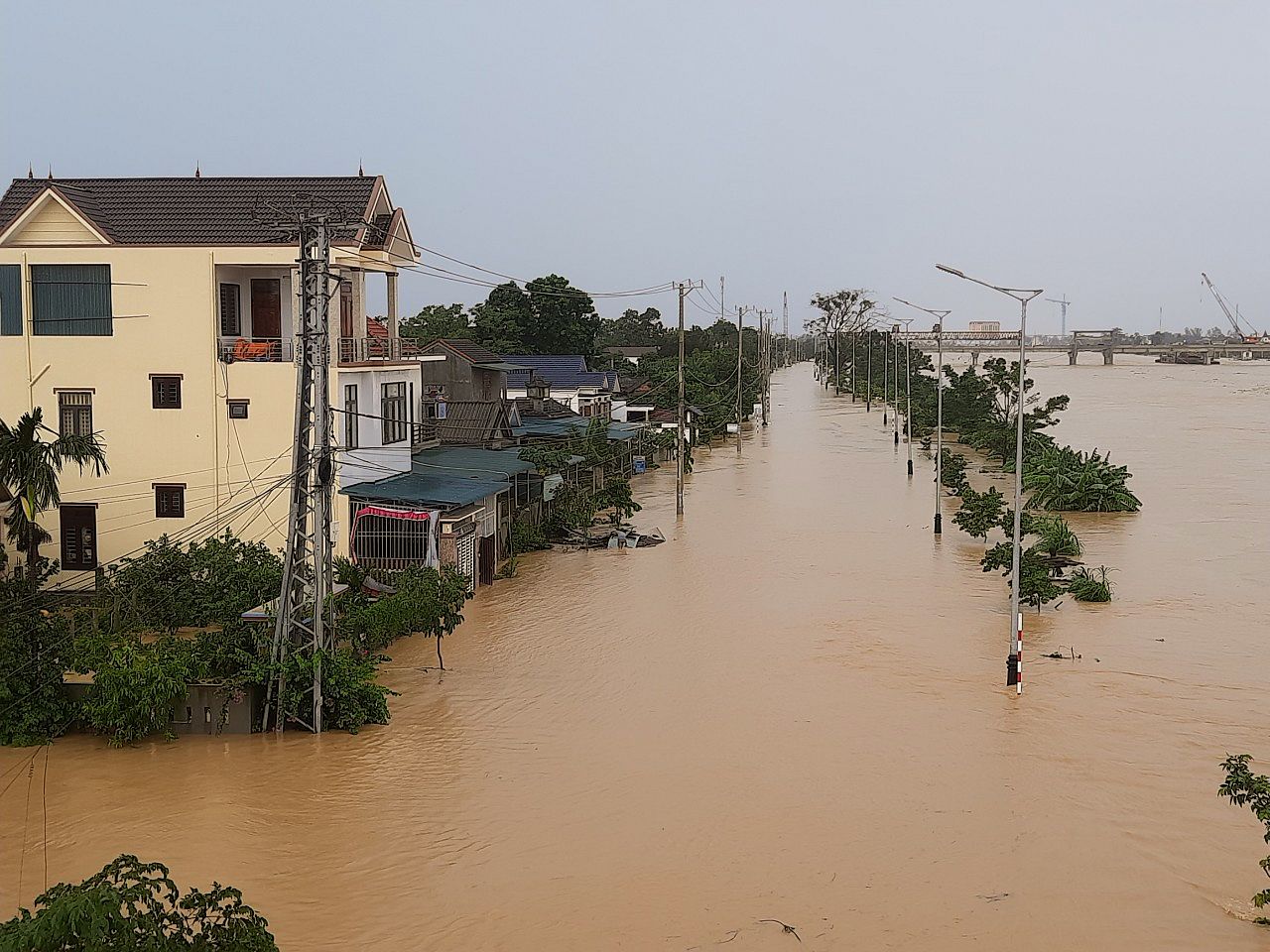In a recent draft bill, the Ministry of Labour, Invalids, and Social Affairs proposed raising Vietnam’s retirement age to 60 for female workers and 62 for male workers, starting from 2021.
The proposal is scheduled to be presented to the National Assembly meeting in May 2019 and voted on in October 2019, reports Tuoi Tre. According to the plan, from January 1, 2021, a six-month increment will be added to the retirement age each successive year until it reaches 60 for female workers and 62 for male workers.
The current retirement age – 55 for female workers and 60 for male workers – has been in place since 1985.
The bill is one of the ministry’s attempts to balance the government’s pension fund in the long run. A report from the International Labour Organization (ILO) released in 2013 predicted that the pension fund could run a deficit in 2021 and run out by 2034 as the result of an aging population, low retirement ages, increase in life expectancy, and decline in the fertility rate, which raises the need for a social insurance scheme reform.
While a raise in the official retirement age will bring more balance to the pension fund, there are concerns regarding how such a change would affect manual workers.
In a previous article, Tuoi Tre noted that the policy should be flexible for such individuals: “For manual workers whose jobs that are physically demanding, easily exposed to toxic chemicals, dangerous, or located in rural areas, different schemes should be applied to allow them to retire five years sooner than the official retirement age.”
Another option proposed in the bill is to keep the retirement age as is, though it is unclear what would happen with funding in this case.
Along with the retirement policy amendment, a conference hosted by the ministry and ILO in 2017 shed light on some more possible directions in the future of social protection in Vietnam.
To address the system’s lack of inclusiveness (only one-fourth of Vietnam’s labor force has social insurance), ILO suggested a multi-tier social insurance system with an emphasis on extending social protection to informal workers through contributory and non-contributory programs.














